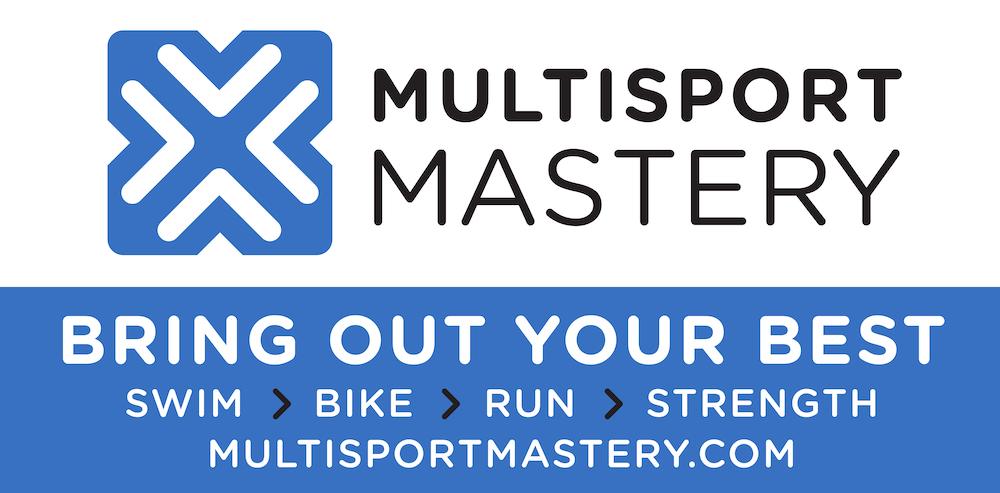The new year. Here it is.
And right on cue, my social media feed is filled with everyone’s intention to cleanse, detox, juice fast, low carb, no carb, elimination, announcing a Facebook sabbatical or some other bizarre form of restriction that – let’s face it – lasts about a week before our willpower becomes completely exhausted from resisting the dozens of urges we get throughout the day.
It strikes me as odd to start the new year this way. By design, we set ourselves up for failure. Think about it – when you take something away whether it’s sugar, carbs or alcohol, it seems a strange way to treat yourself. It implies you’re not to be trusted, you’ve been bad, you don’t deserve said thing.
It reminds me of the other day when I told my 6 year old and 2 year old to share the iPad. I know, sometimes I dream big as a parent. What seemed simple enough soon escalated into a ferocious tug of war that abruptly resolved when I said:
NOW I’M TAKING IT AWAY!
Think about your new year resolution or whatever journey you’ve embarked upon January 1st. Does it involve taking something away? What does that say about yourself? Are you not to be trusted? Did you do a bad thing? Is _____ really the enemy?
More importantly, does this extreme effort at eliminating things we think are bad actually work? In The Willpower Instinct, Kelly McGonigal describes how dieters who try to suppress thoughts about food actually have the least control around food, experience more intense cravings and are more likely to binge eat. Not surprisingly what you think will be most effective (outlawing certain foods or food groups), is the most ineffective. Restricting a food actually increases your craving. The more you try to avoid a food, the more you become preoccupied with it.
What to do? McGonigal suggests that instead of saying “I won’t” – what about saying “I will”?
As we enter the new year, I thought to myself – what if instead of making a list of the foods we’ll avoid or the things we’ll stop doing (drinking, staying up late, wasting time on social media), we make a list of the things we will do? Asking ourselves: what will I add?
Imagine the possibilities: What if you added 15 minutes of sleep every night? One more serving of vegetables each day? Read a book for 10 minutes. Wrote a thank you note once a week. Started each day with 5 minutes of meditation. Wrote down 3 things you were grateful for. Took a 10 minute walk in nature.
This list seems kinder, more motivating than a list of things we’re going to take away. No sugar! No wine! No Facebook! Yikes! When you make a list of things you can do it seems to say I care about you so much that I want to add value versus I’m taking this away because you don’t deserve it, you’ve been bad.
I’ll unashamedly admit that I have no intention of giving up wine, pizza, sugar, high end beer, overrunning my easy runs, lane line pulling for backstroke, fins, paddles, replacing my power meter battery every time my power reads low, getting my news from Twitter moments, texting my friends ridiculous cat memes when I should be reading The Economist, going to Walgreens for a prescription — > leaving with a chocolate caramel-filled Santa, paying $2.44 every morning for a cup of coffee I very well could make at home – I could go on but it’s not necessary. If these are my “bad” things and “failures” so be it. I’ll own them and the consequences. Rather than plotting how I’m going to get rid of them, I’ll manage them with realistic moderation and look for value to add: enjoying good foods, cultivating meaningful relationships, talking kindly to myself. Maybe by focusing on putting more good things into life, we’ll feel so satisfied that those “bad” things lose their power, meaning and attraction.
More green beans, less room for chocolate covered caramel Santas, right?
I’ve got a year to find out.
What will you do this year? What will you say yes to? What will you add?

